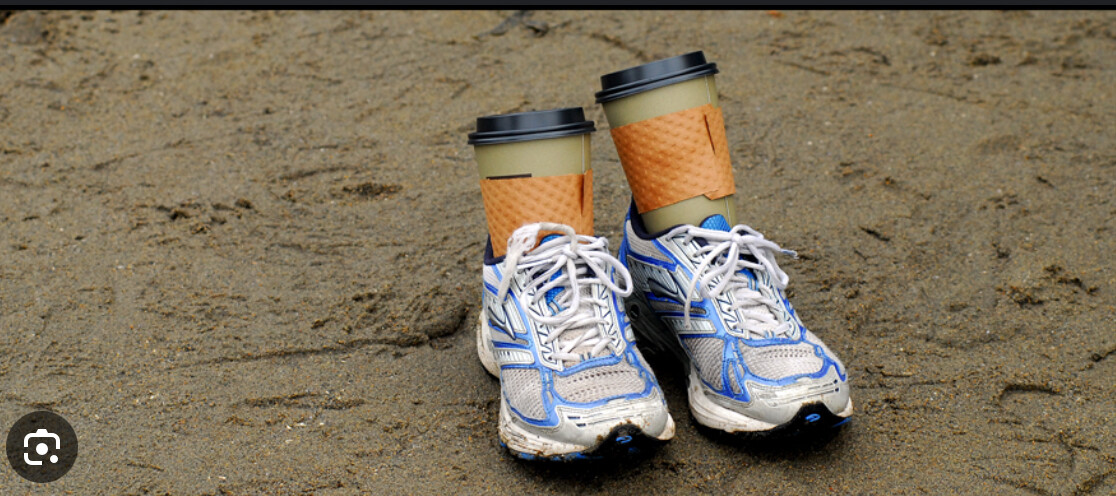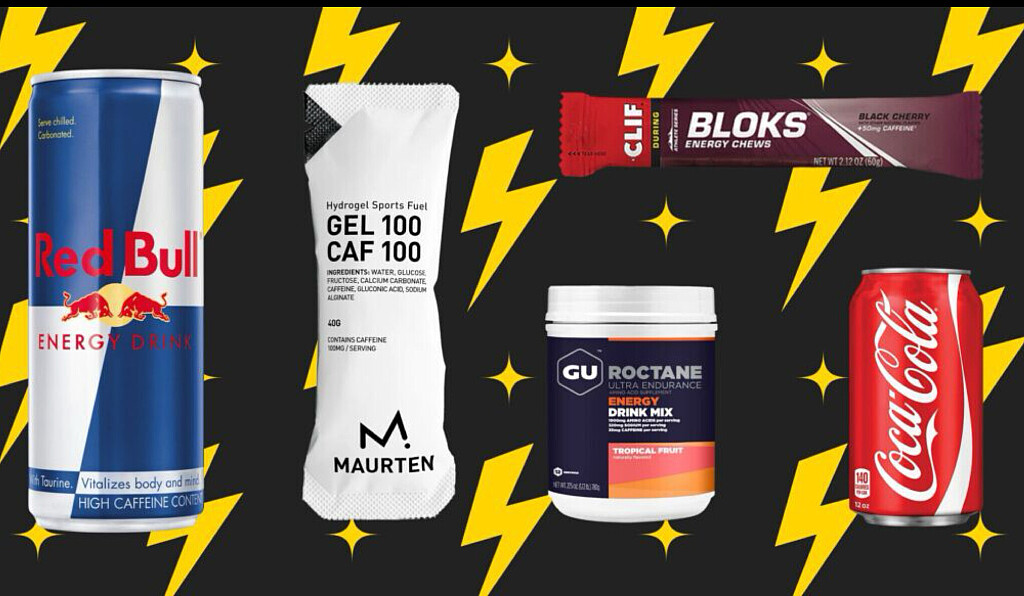Running News Daily
Running News Daily is edited by Bob Anderson. Send your news items to bob@mybestruns.com Advertising opportunities available. Train the Kenyan Way at KATA Kenya and Portugal owned and operated by Bob Anderson. Be sure to catch our movie A Long Run the movie KATA Running Camps and KATA Potato Farms - 31 now open in Kenya! https://kata.ke/
Index to Daily Posts · Sign Up For Updates · Run The World Feed
How Much Caffeine is Too Much Caffeine? Here's What a Sports Nutrition Expert Says.
There's no denying caffeine can take the edge off when things get dicey in a race. Many endurance athletes turn to the world's most popular drug for a performance boost, and with a long list of caffeinated gels, beverages, and chews to choose from, a turbocharged buzz is only a swallow away. But is it possible to take in too much caffeine during a workout or a race?
Well, yes-as with anything, too much can be harmful, and not everyone responds to caffeine the same way. But to get more specific, let's dive into what science says about how much caffeine to an athlete actually needs, the point of diminishing returns, and how to use it wisely in training and racing.

What is caffeine, and how does it help your workout or race?
Caffeine naturally occurs in coffee beans, tea leaves, cocoa beans, and cola nuts. It is also synthetically produced and added to sports gels, chews, energy drinks, sports drinks, chewing gum, and dietary supplements.
Caffeine stimulates the central nervous system (CNS) by blocking adenosine receptors in the brain, reducing perceived effort, delaying fatigue, reducing pain, and improving mental focus, attention, and motivation. These benefits apply broadly across sports, from sprints and endurance events to team sports and strength training. It's no wonder many athletes feel skipping their pre-exercise coffee puts them at a performance disadvantage.
However, the physiological response to caffeine is highly individual. While most athletes experience a performance boost to varying degrees, some are caffeine-sensitive due to genetic variations that affect the breakdown rate. These variations explain why some people experience adverse side effects at very low doses and cannot tolerate caffeine, while others can drink coffee late in the day and still sleep well.
Caffeine dosing, delivery, and side effects for endurance athletes
Caffeine peaks in the bloodstream 60 minutes after consumption and has a half-life of approximately five hours (the time it takes the body to break down 50% of it).
Interestingly, synthetic caffeine is absorbed faster by the body and thus takes effect faster than its natural counterpart. Most caffeinated sources, such as coffee, sports nutrition products, and tablets, are absorbed through the gut, pass by the liver, and enter circulation before affecting the CNS. However, caffeine from chewing gum is absorbed directly through the lining of the cheeks inside the mouth, bypasses the liver, enters the bloodstream within 5-15 minutes, and peaks by 25 minutes.
The recommended dose for a performance boost while minimizing side effects is a moderate 2-3 mg/kg of body weight. Higher doses of 5-6 mg/kg of body weight do not further enhance performance, but increase the risk of side effects. Those side effects include headaches, increased anxiety, irritability, rapid heart rate, dizziness, nausea, tremors, elevated blood pressure, insomnia, and gastrointestinal distress. Overconsumption or improper use can lead to severe consequences, including arrhythmias and potentially death.
Login to leave a comment




